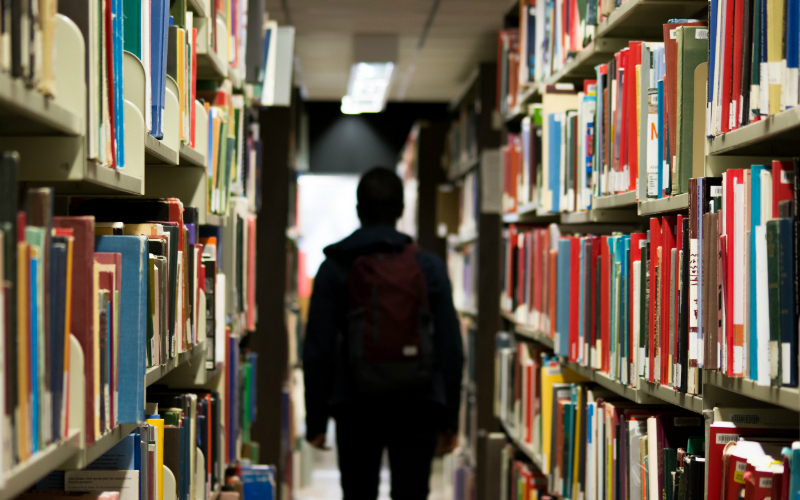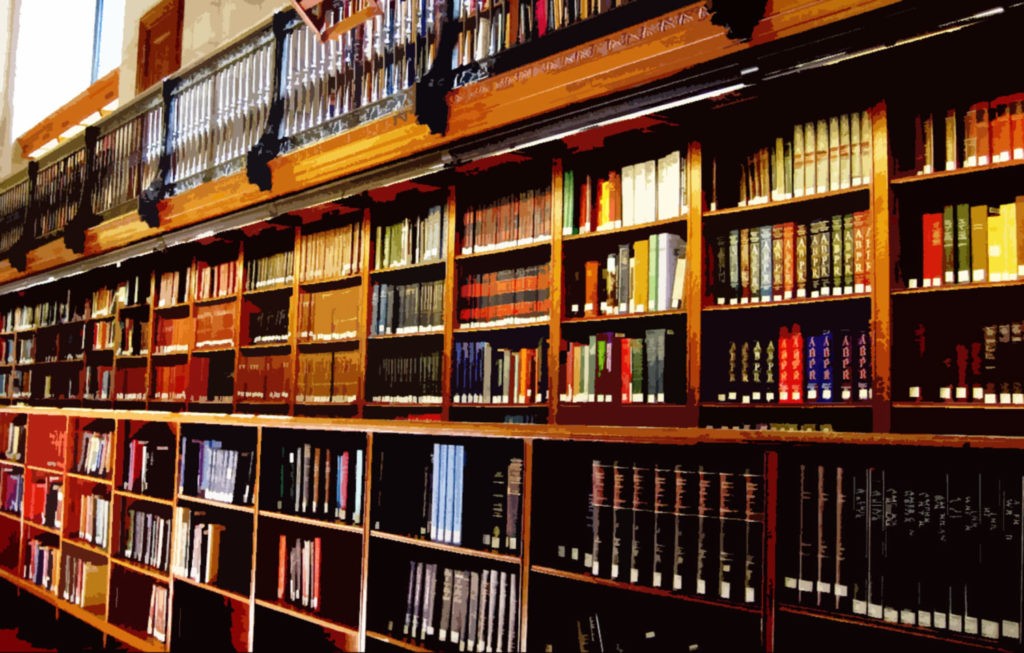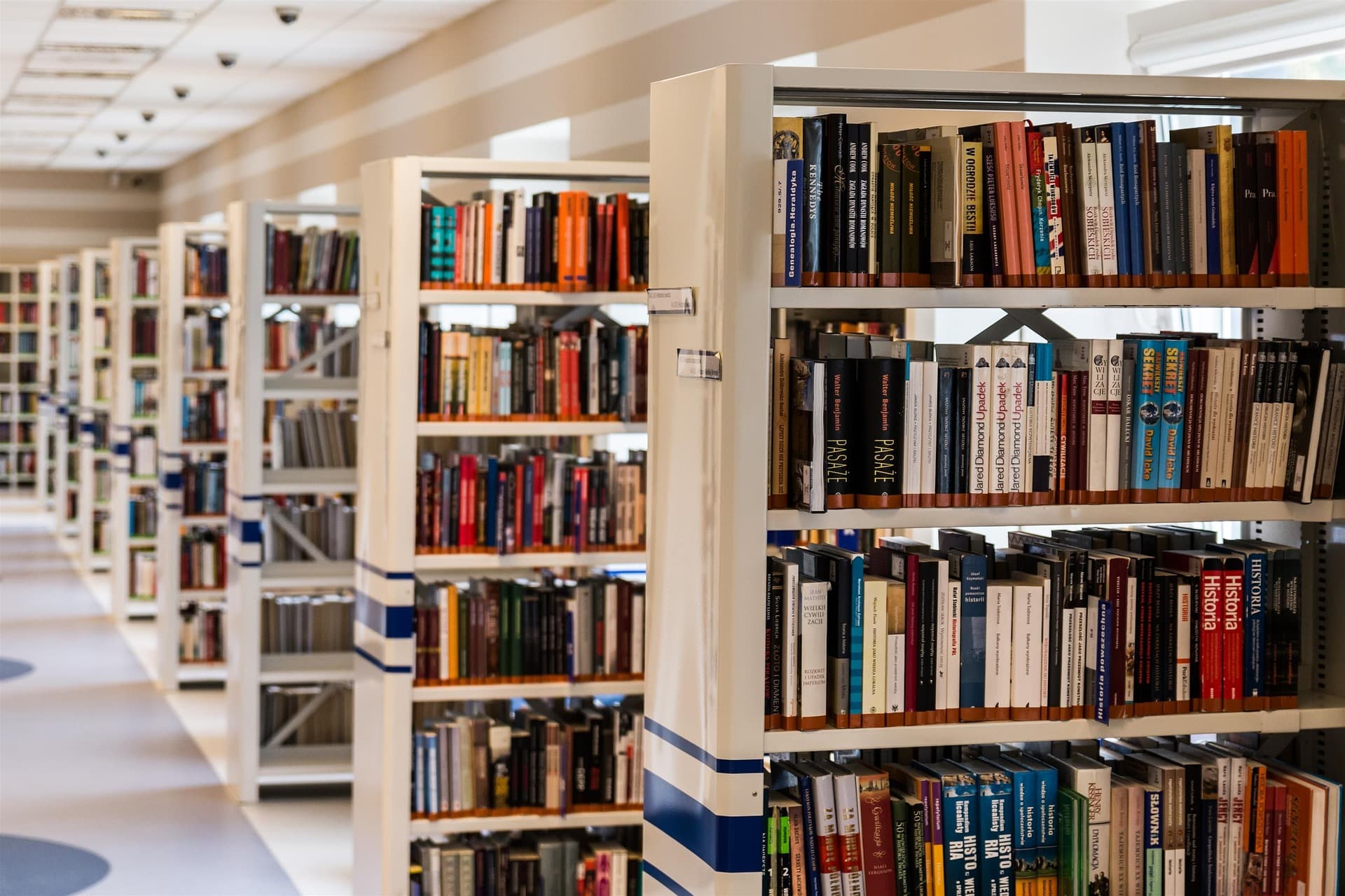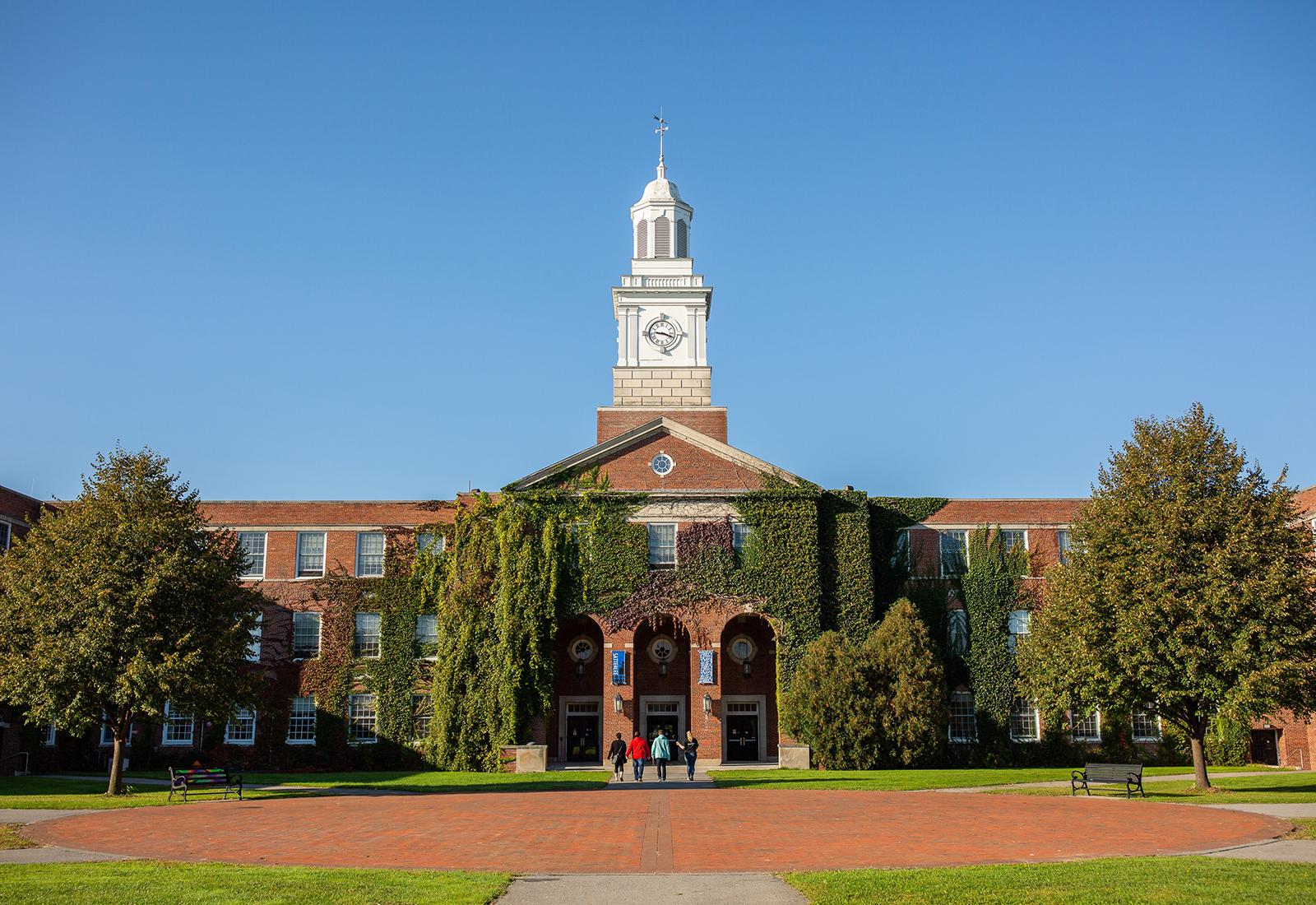Autobiography of Dr S R Rangananthan

(Father of Library Science)
Early Existence of Rangananthan:
Dr. Ranganathan was born in a weak Brahmin loved ones at Shiyali village in Tanjore district in Tamil Nadu on August 9, 1892. He was the eldest boy or girl of N. Ramamrita Ayyar, a petty landlord, and his spouse Sitalakshmi. His father died in 1898 at the early age of 30, thanks to sickness. He experienced from a lot more than the regular quota of childhood disorders and was handicapped by a severe stammer that he at last in excess of came by forcing himself to give speeches in general public.” He attended the local S. Mudaliar Hindu Significant Faculty in Shiyali and passed his superior university evaluation in 1908, getting a first division. Ranganathan handed his Intermediate and B.A. examinations in first class as effectively, thus proving that he was a dazzling university student by out his college a long time. He received his B.A. diploma in Mathematics and Physics in 1913 from the University of Madras. Ranganathan resolved not to show up at graduate college since his mother’s economic situation was not really seem. Professor Edward B. Ross, a person of his professors at Christian College or university, knew that Ranganathan was a challenging operating and outstanding pupil and he for that reason decided to pay back Ranganathan’s tuition for his graduate scientific studies. So Ranganathan joined the Master’s system in June 1913 as the only graduate scholar of Professor Edward B. Ross he graduated in 1916.” He was considerably fascinated in teaching and joined the Teachers College at Saidapat for his Professional Instruction Degree and acquired his degree in 1917.
In 1917 Ranganathan was appointed assistant lecturer in Arithmetic at the Authorities School in Mangalore. In 1920-21, he taught at Federal government Faculty, Coimbatore, and in 1921 he was appointed Assistant Professor at the Presidency University. Madras, in which he taught for two years, in the course of his instructing decades in these institutions, he taught arithmetic and physics and encouraged his students to use library books. As a result he avoided “the common extremely trainer-centered and notes/ dictation classroom approaches. Later on he termed his tactic library centered instructing his pupils called him a born instructor.”
1924 was a extremely crucial year in Ranganathan’s existence. He applied for the place of College Librarian at the University of Madras and was supplied the posture. “Just one of the situations of his appointment was that he goes to Excellent Britain to be properly trained in librarianship and to examine fashionable library strategies.” Hence, he experienced to determine in between librarianship and the educating of arithmetic. In his own phrases, “I had hardly ever dreamt in my daily life that I would ever turn out to be a librarian nor had I made use of a library both at school or at college or university when I was a university student, for the straightforward reason that there was no library worth mentioning and for the additional rationale that no trainer at any time stated any book other than the recommended textual content book. But it seems that he observed some challenge in librarianship and it “struck him as a virgin land expecting with a lot of prospects” of enhancement and introduction of new ideas. It was a field “exactly where methods essential to be systematized and produced actual.” With this in mind he acknowledged the place and became a librarian on January 4, 1924. In this way “India misplaced a person of her most enthusiastic mathematics academics and librarianship obtained a gentleman whose mental method was of a strictly scientific and mathematically correct character.”
Ranganathan as a Librarian, 1924-1972
In the beginning, Ranganathan did not take pleasure in his new administrative position at the University of Madras and the transform of his job from leaching to librarianship. In his own phrases, “I felt shocked by the absence of anything worthy of-though to do in the library [and was] just about tempted to go back to my educating get the job done.” He in fact did return to Presidency University within just a 7 days and informed the principal that “I cannot bear that solitary imprisonment day after working day. No human getting, apart from the employees. How different from the daily life in the faculty” Mr. H.S. Duncan, Principal of the school, pacified Ranganathan by saying, “You have not found much of librarianship but, you may possibly discover a thing in it just after you have examined the subject matter in London if you experience bored even immediately after you return from England, I shall certainly acquire you. I shall see that your location in the college or university is not completely crammed up “till you come back again from your journey and instruction abroad.” Someway, Ranganathan made a decision to postpone his determination and try out librarianship for some time.
In September 1924 Ranganathan was sent to England by the College of Madras for expert instruction in librarianship. He graduated with honors from the Faculty of Librarianship University of London, in 1925. Whilst in London, he visited quite a few educational and community libraries and was impressed with the enhancement of libraries in England. During his college student days, he became shut to Professor W.C. Berwick Sayers, Chief Librarian of Croydon Community Library and a lecturer in the University of Librarianship. His knowledge and kindness set Ranganathan in credit card debt to British librarianship for the rest of his lifetime. At that time, Ranganathan almost certainly would never ever have dreamed that some day he would grow to be an intercontinental figure in librarianship. Ranganathan “had intended to take a look at libraries in the United States just before returning to India in 1925 but a contact from the College of Madras induced him to go back dwelling.”
Ranganathan grew to become a specialist librarian and returned to India, comprehensive of enthusiasm and new concepts with the mission of introducing reforms and bringing about advancement in his have library at the College of Madras. But sadly the profession of librarianship was continue to “not too perfectly recognized in India at that time. He also encountered torpor, disappointment, and a Jack of knowing on the component of the college adminis¬tration.”A very placed education officer with the Point out Governing administration of Madras the moment sent a take note of suggestion to Ranganathan which explained, “The bearer, you will discover, is very aged. He appeared for the S.S.L.C. assessment much more than a dozen times. There is no prospect of his passing it in this lifetime. How can he get even a clerk’s write-up? But I am interest¬ed in him.” So these have been the problems and atmosphere in the College of Madras Library in 1925. But Ranganathan devoted himself fully to bringing much necessary reforms to the college library. He was “bubbling with new believed, throb¬bing with new vitality, fluttering with new ideas, entire of enthusiasm and singleness of objective. He was, as a result, ready to flip a new leaf to librarianship.
Ranganathan reorganized the Madras University Library employing new devices and tactics which he experienced learnt in England all through his school days in the library school and by viewing many libraries in England. “He realised that librarianship was more than an art, it should be a science, based on scientific method for its solution to its issues and for their alternative.” One of Ranganathan’s first actions on his return from England was to introduce the open obtain method in the library in 1929. “The guidelines had been progressively liberalized till any scholar, living wherever in the point out, could use the library and borrow from it. He productively introduced the inter-library bank loan method in the town of Madras and all libraries partici¬pated in this cooperative method.” His primary issue was to catch the attention of additional people to the university library and provide them right facilities. “He applied mass media and individual acquaintances to make the library hum with exercise, and the University Library before long acquired a area of interest, in the earth of the enlightened general public of Madras.
The once-a-year budget of the library was incredibly reduced when Ranganathan took its administrative duty. But he shown the have to have for much more cash and succeeded in receiving an yearly grant of £5,000 on a statutory foundation from the Authorities of Madras and a lump sum of £20,000 to improve the selection. Below Ranganathan’s administration, the University of Madras Library experienced “the premier spending budget of all the college libraries in the state.” It helped to make improvements to the assortment from 30,000 volumes in 1925 to 120,000 in 1944, the 12 months Ranganathan resigned from his posture. “The library hours had been progressively extended until finally the library was saved open for 13 hrs a working day, all the days of the yr, include¬ing Sundays and other community holidays.” Ranganathan launched a new services for graduate college students, “Shipping of books in the properties of visitors,” at a quite nominal charge. Quite a few college students preferred this and helped Ranganathan to make many new close friends and library consumers. The library was also thrown open up to the public and the public liked it.
Ranganathan also launched a reference service at Madras. Five reference librarians served the college and pupils for all the hrs the library was open up. He was instru¬mental in founding the Madras Library Affiliation in 1928 and served the point out library association to develop and turn into a chief in its have ideal. He was the Secretary of the point out library affiliation from 1928-1953, Vice-President from 1953-1957, and President from 1958-1967. He desired to boost librarian ship and libraries in India and was of the belief that library schooling be offered in India, alternatively than sending everyone to England. In 1929 he succeeded in introducing a training course for librarians at Madras, with the assistance of the Madras Library Affiliation. In 1930, Ranganathan was manufactured a fellow of the British Library Association.
Ranganathan was promptly becoming incredibly well known and productive in library circles. In 1931 he published his planet well known Five Legal guidelines of Library Science. In 1933 he introduced his new Colon Classification Program to the relaxation of the earth, and in 1934 he drafted a new ‘Classified Catalogue Code’. In 1933 he assisted to found the Indian Library Association, an business which became the real agent of Indian librarianship. He was the first experienced librarian to develop into President of the Association in 1944. Ranganathan “also created the extremely useful College (of Madras) Library building, constructed in a picturesque place and the provisions created for the development of the library proved adequate for almost 40 many years. The British Indian Govt acknowledged and appreciated the contributions of Ranganathan to the discipline of librarianship and conferred the title of Rao Sahib on him in January 1935.”
Ranganathan was the University Librarian and Head of the Office of Library Science from 1924 to 1944. During these twenty several years he “created the Madras University Library his laboratory and per se the most modern library in India of which evens the foreigners felt envious.” He resigned from his placement in 1944 because of to some inner complications with a couple of workers users in the library. But Professor Isaac is of the check out that “Dr. Ranganathan voluntarily retired from the College of Madras right after the minimum amount period of time of company of 20 many years qualifying for a pension in order to choose up the article of librarian in the Banaras Hindu University, on invitation. K. Nagaraja Rao, previous librarian of the Annamalai University, is even so of the see that “Dr. Ranganathan was asked to leave the Madras University Library. Due to the fact of these conflicting statements, it has been complicated to establish the true result in of his departure from Madras. The documents of the University simply say that Dr. S.R. Ranganathan resigned from his placement in 1944. But had he been fired from Madras College, I do not believe he would have supplied Rs. 100,000 to the College in 1957 for the development of library science. It has been explained by a several Indian library educators and librarians, which includes Girja Kumar in his letter of November 22, 1982, that through the 1940s, “Ranganathan became the sufferer of the anti-Brahmin movement that distribute considerably and extensive in Tamil Nadu.” Therefore he resigned from his posture at Madras University.
According to personally ask for of Dr. Radhakrishnan, the Vice-Chancellor of the Banaras Hindu College he made a decision to arrive to Banaras University. He remained at Varanasi in 1945 to 1947 as the Head of the Office of Library Science and University Librarian. In this time Ranganthan drafted the syllabus and taught the Diploma Class in Library Science. Dr. Rangananthan resigned from Banaras Hindu University in 1947 and joined the University of Delhi with ask for of Sri Maurice Gwyer, Vice- Chancellor of the Delhi University. In the time period of the Ranganthan the Master’s and Ph.D. plans in Library Science had been started out at the College of Delhi.
On March 7, 1948, in the existing of Jawaharlal Nehru, the Primary Minister of India and quite a few other officers, Sri Maurice Gwyer honored to the Dr. Ranganthan “Father of Indian Library Science” and offered him to Governor Typical, Lord Mountbatten, Chancellor of the University of Delhi. In 1953 he organized Madras Library Associations, C.Rajagopalachari a previous Governor-Typical of India compared to Pandit Nehru simply because Nehru had secured for India in the worldwide political globe and Dr.Ranganthan had secured for India in the international library planet. In 1955 Dr.Ranganthan resigned from the University of Delhi. In 1957, Dr.Ranganthan was a visiting Professor of Library Science at Vikram University in Ujjain. He has awarded “Padma Shri” in 1957 by the president of India, late Dr. Ranjendra Prasad in Delhi. In this year he was built an Honorary Vice-President for life of the British Library Association and an Honorary Fellow of the Global Federation for Documentation.
Ranganthan contributed his provider in Indian Library Science from 1924 to 1972. When he was in age of 80, he was go absent sort the earth, on September 27, 1972. We free a great particular person, Father of Library Science, the innovator of the Indian Library, the creator of Colon Classification and no a person can fulfill this put.




